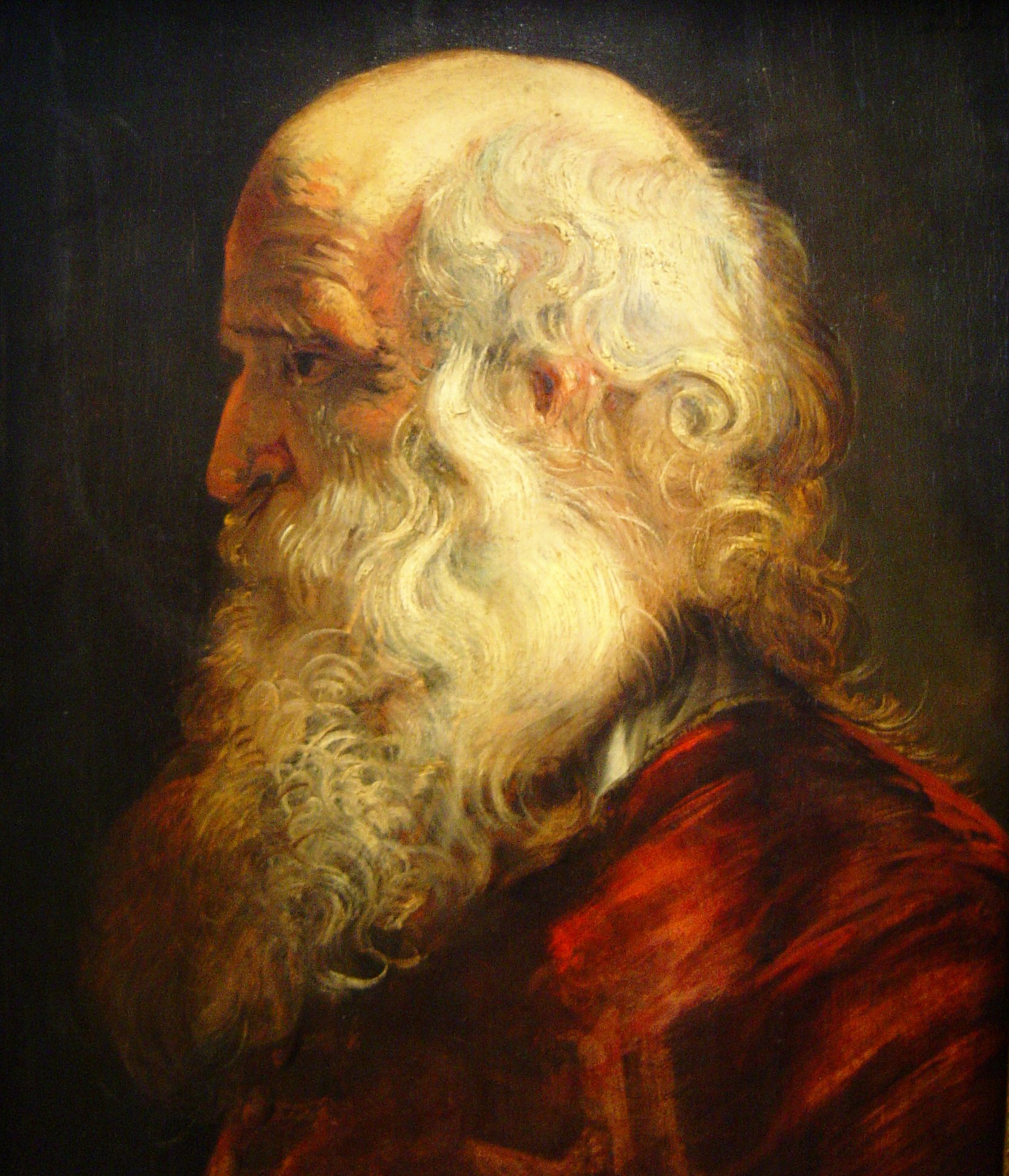The Paradox of the Elderly
I've heard it lamented that old people are not respected in our culture, and that in other cultures they get more of the respect they deserve.
I've seen this personally when I was living in China. If an elderly person got on the bus, and there were no seats, someone might announce that there was an old person had arrived, so somebody get up. Somebody would. The word for old in Chinese is lao, which has connotations of respect. It feels very different from using the word "old" in English. Because of the respectful connotation, there is no good translation for the word in all its true meaning. Here is what it looks like:
I would never say "An old person needs to sit down!" on a Western bus, because I'm afraid the person I'm describing might be bothered by being called old. It's not cool to be old in this culture.
I'm going to speculate on why older people don't get as much respect in Western culture.
First, we need to look at why old people get respected at all, anywhere. Generally they are thought to have a great deal of practical knowledge about the world. They've lived so long, they've seen so much, so they can give great advice.
Is that the case in modern America? Certainly they've learned a lot-- they can't help but do so if they live that long. The question is, of what value is that knowledge?
For better or for worse, the world is changing. Not only is it changing, which it always has, but it's changing faster than it used to. Five hundred years ago, the world you were born into looked a good deal like the one you died in. Is that so now? Not really. There are exceptions, of course, but old people tend to relate best to the world they grew up in. They often listen to the music they heard when they discovered music in their teens (I'm much the same way, and fighting to try to like new music coming out instead of just listening to EPMD all the time).
This is because the brain adapts to the world it is born into, but over time its ability to adapt diminishes. It loses plasticity. A clear example is the critical period in which one can learn a language easily. Why would we have evolved to stop learning so easily when we get into our middle age? Because during the bulk of our evolutionary history, the world didn't change that fast. Why commit resources to learning when there's not much new to learn? Their intelligence turns from fluid to crystallized.
(For more information, see http://en.wikipedia.org/wiki/Fluid_and_crystallized_intelligence)
I think this is why the elderly are not as respected in the West the way they used to, and the way they are in other cultures. There are many questions young people face that old people have no idea how to answer. This is particularly true with technology, which has a great influence on our lives now.
Don't think I'm defending the disrespect of our elderly. On the contrary, I think they have a good deal to offer, but mostly for those things that either don't change of only change slowly-- for example, personal relationships (how to mend a friendship, how to deal with the negative emotions of a divorce or death, etc.)
But if my problem was not being able to have two YouTube accounts without having two separate email addresses, or even what to do to get my passport renewed, my first instinct would not be to go ask the oldest person I know.
Pictured: Old Man, painted by Peter Paul Reubens. The second picture is the Chinese character lao, meaning old (and respected). It's an animated GIF that shows the stroke order, which is how one is supposed to write it. From Wikimedia Commons.



Comments